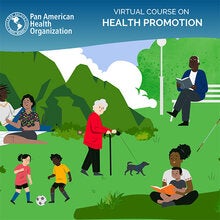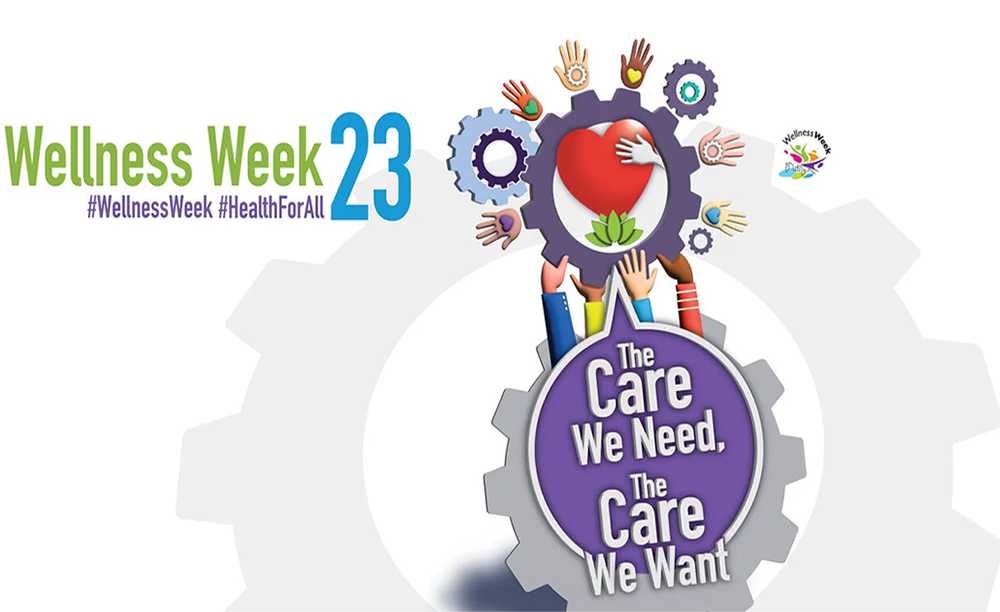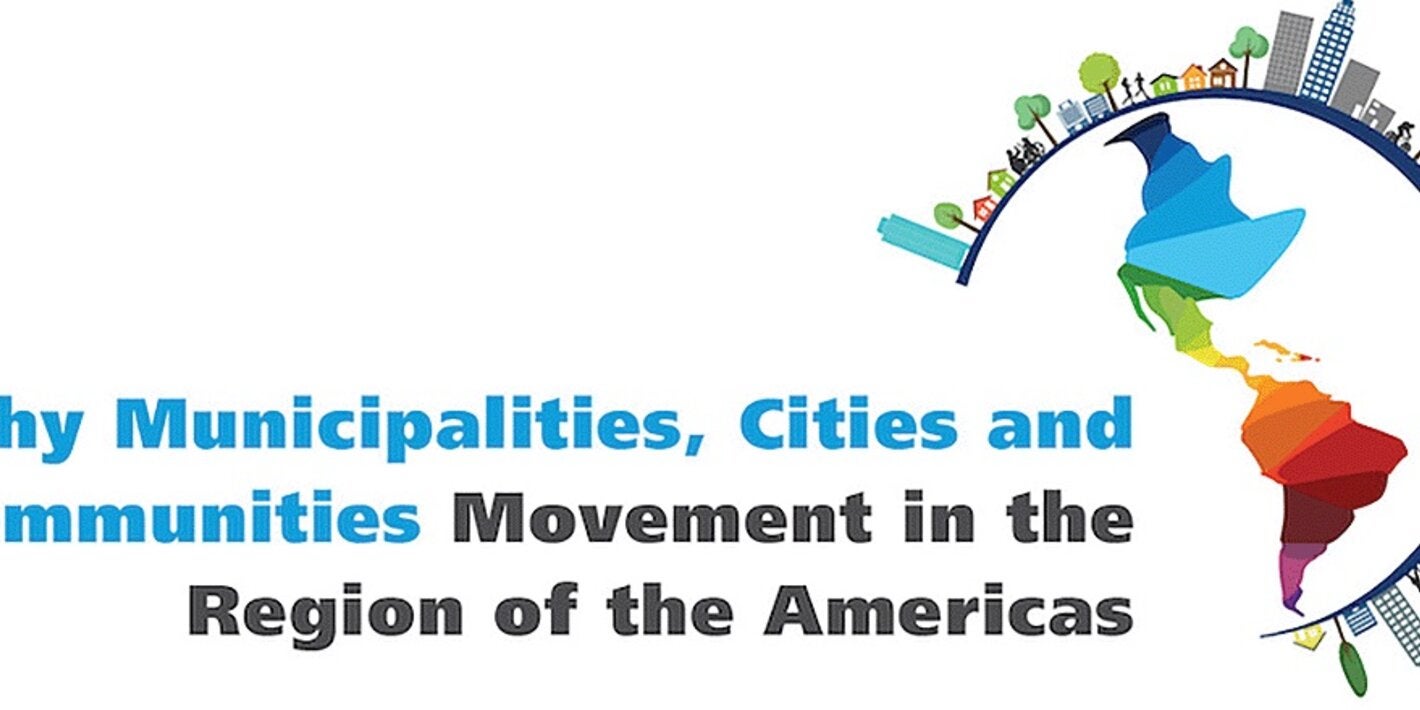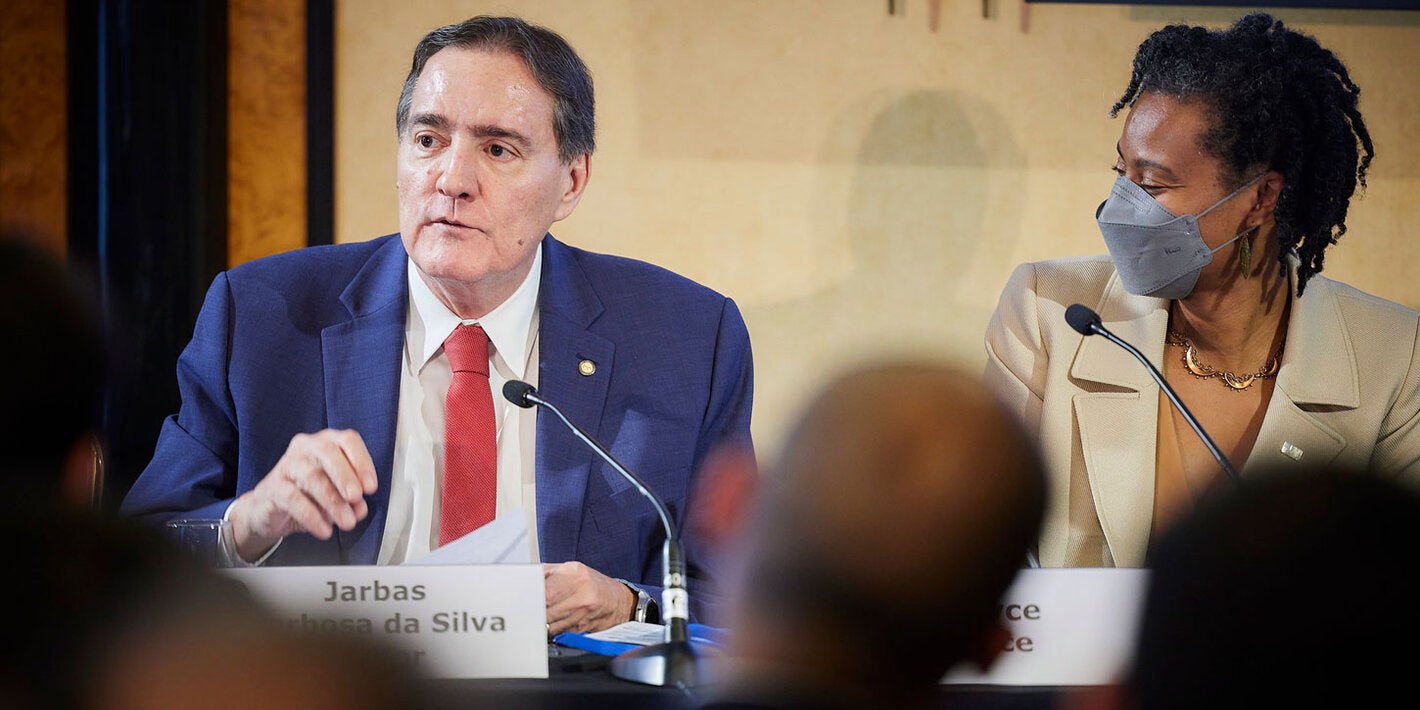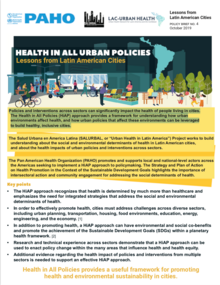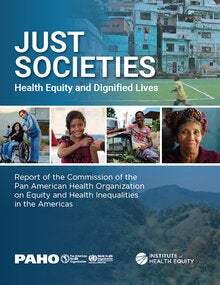Good health is the best resource for personal, economic, and social progress.
The World Health Organization's Ottawa Charter indicates that Health Promotion constitutes a global, political, and social process that encompasses actions aimed at both strengthen the abilities and capacities of individuals and communities, and, even more important, modifying social, environmental, and economic conditions in order to favor its positive impact on individual and collective health.
Although health is a dynamic concept, it is usually approached from the perspective of loss (diseases or risk factors). Health promotion recognizes health as a positive concept and focuses on the factors that contribute to it. It aims to have all people develop their greatest health potential, considering the assets of the community and the underlying social conditions that determine better or worse health - the Social Determinants of Health - knowing that in order to achieve health equity, a redistribution of power and resources is necessary.
The Health Promotion approach implies a particular way of collaborating: it starts from the various needs of the population, fosters its abilities and strengths, and empowers. It is participatory, intersectoral, sensitive to the context, and operates at multiple levels. “Communities, organizations, and institutions working together to create conditions and settings that ensure health and well-being for all people, leaving no one behind.”
The current health promotion mandate for the region of the Americas, the Strategy and Plan of Action on health promotion in the context of the SDGs 2019-2030 approved at the 57th Directing Council (2019), proposes 4 essential strategic lines of action to promote health:


